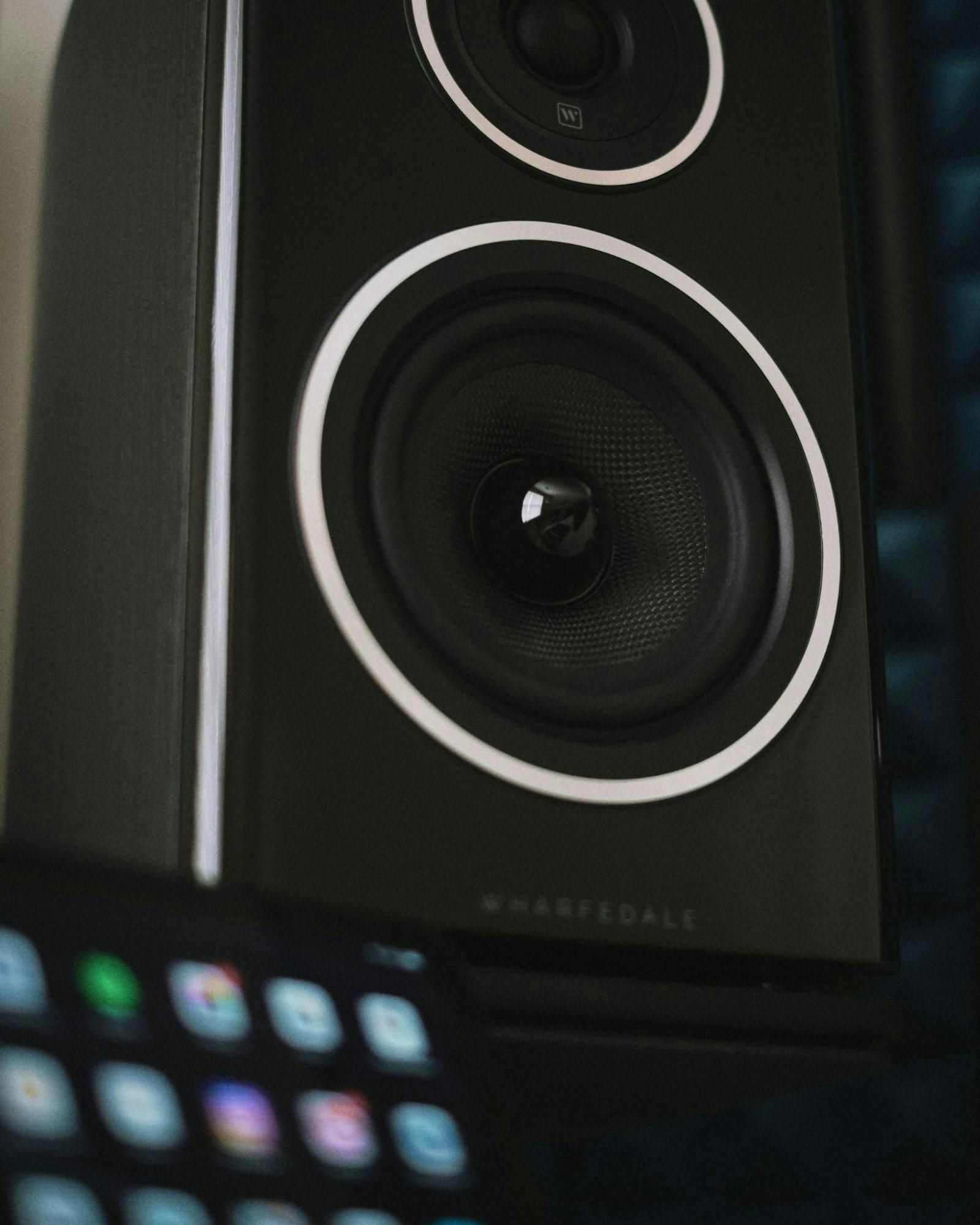Blog
Music as medicine for the elder soul

This is a guest post by Wenda Kielstra, founder & Co-owner of Consumatics, a Dutch agency specializing in scientific research of subconscious consumer behaviour. It does not necessary reflect the opinion of Soundtrack.
Posted on February 18, 2022
Listening to music can reduce and alleviate common side effects of dementia, such as depression, confusion, and poor concentration.
Alzheimer’s and other forms of dementia cause a range of cognitive and physical complications, making life difficult for patients and caregivers.
The scale of the problem is massive. According to the U.S. Alzheimer’s Association, over 5 million Americans live with Alzheimer’s. 1 out of 3 American seniors die with dementia.
The numbers are rising and the problem is growing. But so is the possibility of improvement.
The connection with music.
We process music deep inside the brain, in the so-called "reptilian brain," an area that also drives our emotions and motor skills. This biological fact can explain the strong relationship we humans have with music.
Interestingly, this area of the brain is the last to decline after the onset of dementia. Even as our memory and cognitive functions weaken, music keeps resonating with us in a profound and existential way.

In a study, neurologist Oliver Sacks showed that listening to music on a daily basis can recover lost cognitive functions. Dementia patients who listened to music every day for two months showed reduced depression and confusion. Focus and verbal skills improved.
Music seems to make people who have dementia come alive, by activating processes that have been buried for a long time. This musical effect on dementia was documented in "Alive Inside," a 2014 film by Michael Rossato-Bennett.
The documentary features Henry, 94, who is more or less vegetative and unresponsive until a social worker plays him his favorite music. When he hears the music, he started moving and singing and swaying. He also becomes much more responsive. He starts to answer closed questions, and after begins to reminisce about his past.
The music seems to liberate him for a moment, and lets him to reconnect with his memories and share them.

A portal to old times
What if personalized music has a stronger positive impact on the quality of life than dementia drugs? What if a music player and a pair of headphones can improve the life of someone in a care home?
In an interview on the website of Music and Memory, Sacks says: ‘All of them, without exception, respond to music, especially to old songs and songs they have once known. Music seems to touch strings of memory and emotion that previously was completely beyond reach.’
Music offers a small haven that is left intact even if the rest of the brain is slowly decaying. So enjoy your music. It will stay with you for the rest of your life.
Ready to upgrade your business with music?
Jump straight into our vast music catalogue and all our most exclusive features with a no obligation 14 day trial, unlocking everything normally available in Soundtrack Unlimited.





